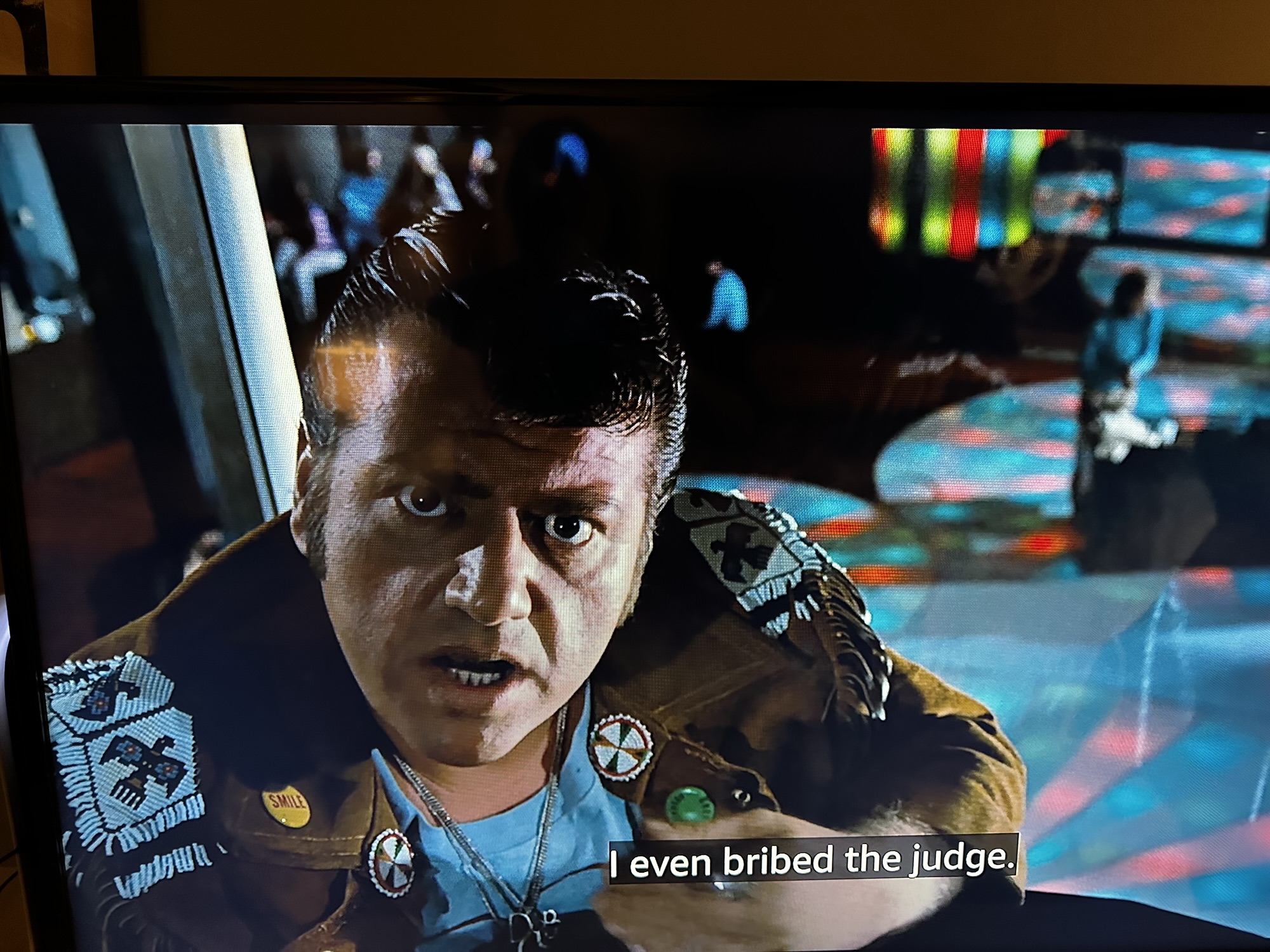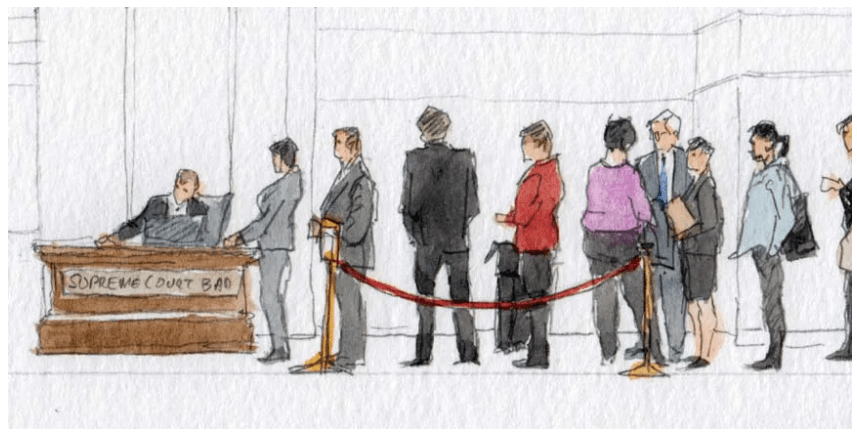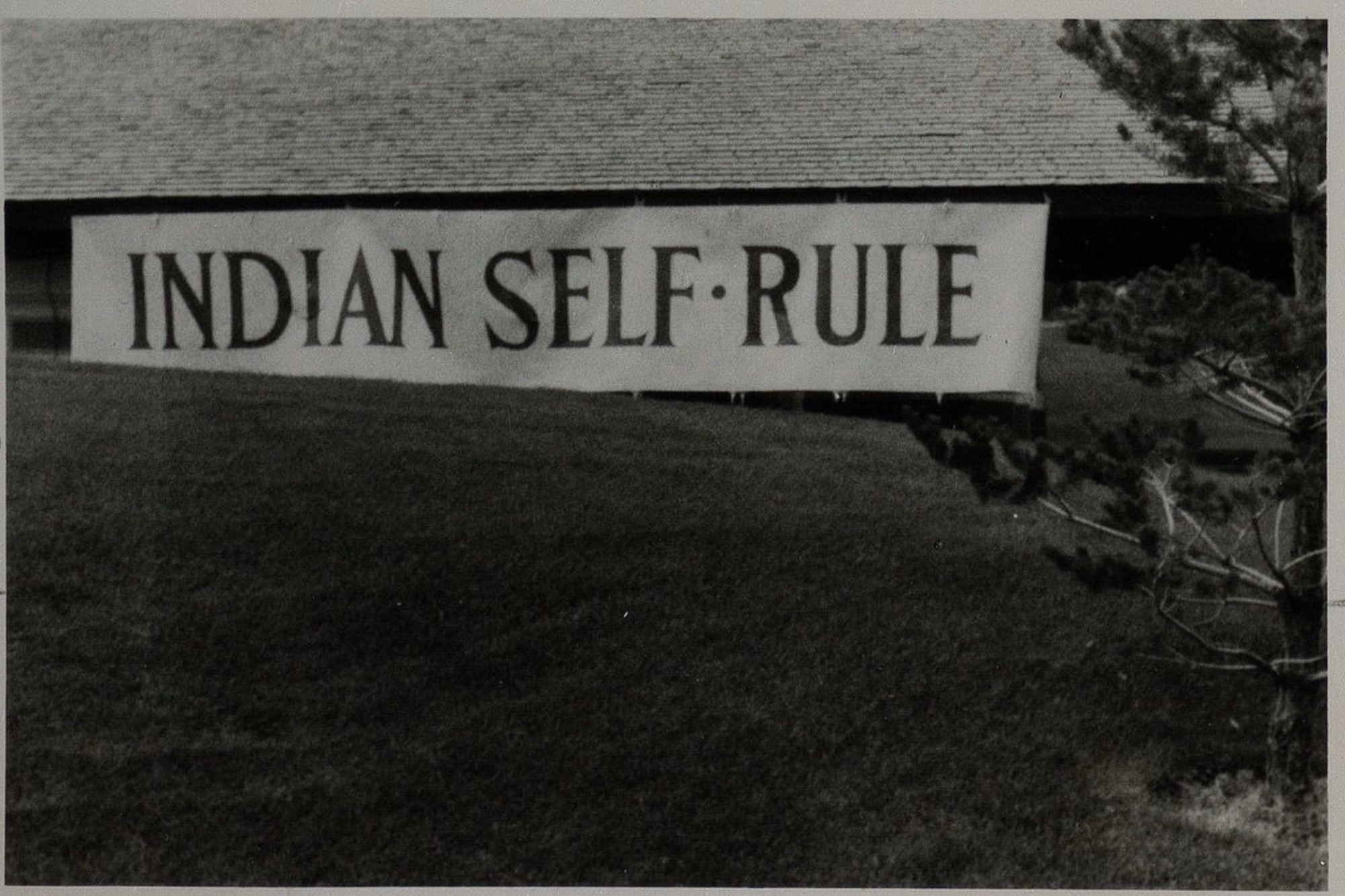Here are the materials in Round Valley Indian Tribes v. Kendall (N.D. Cal.):

Prior post here.
Here is the opinion in United States v. Murphy.
The defendant was the subject of Sharp v. Murphy, the predecessor case to McGirt v. Oklahoma.

Here are the materials in United States v. Ballard (N.D. Okla.):

And here are the materials in United States v. Iski (N.D. Okla.):
Here are materials in Muscogee (Creek) Nation v. Free (N.D. Okla.):
8 Motion for Preliminary Injunction

Here are relevant materials in United States v. Bullhead (D. Minn.):

Here are the new materials in Muscogee (Creek) Nation v. City of Henryetta (N.D. Okla,):
Prior post here.

You must be logged in to post a comment.